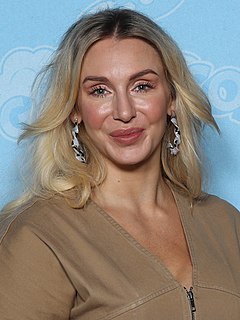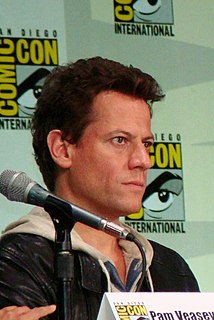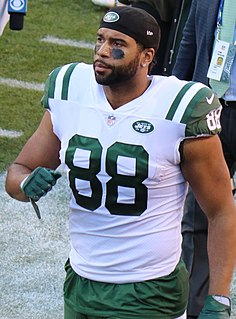A Quote by Luigi Pirandello
I am an "unrealized" character, dramatically speaking.
Quote Topics
Related Quotes
"When I speak of love I am not speaking of some sentimental and weak response. I am not speaking of that force which is just emotional bosh. I am speaking of that force which all of the great religions have seen as the supreme unifying principle of life. Love is somehow the key that unlocks the door which leads to ultimate reality."
It's really an organic sort of process. You start off with the character on the page. You fall in love with that character and you have to represent that character well and I think it's just an evolution there. Using the accent and speaking the lines with the accent in fact opens the door to who the character really is.
I find that, for me, it is this concept of borrowed or built life, life on loan, that gets me writing. It's similar to speaking about literature. I like it, and then I don't like it. It has such an inherent vein of pretention, because you're not speaking about real things. There's a literary pretentiousness made of speaking and spending so much time on unreal persons. And it seems, now, impossible to create an unpretentious, totally organic character.
I tend to like strong female characters. It just interests me dramatically. A strong male character isn't interesting because it has been done and it's so cliched. A weak male character is interesting: somebody else hasn't done it a hundred times. A strong female character is still interesting to me because it hasn't been done all that much, finding the balance of femininity and strength. [From a 1986 Fangoria interview]







































